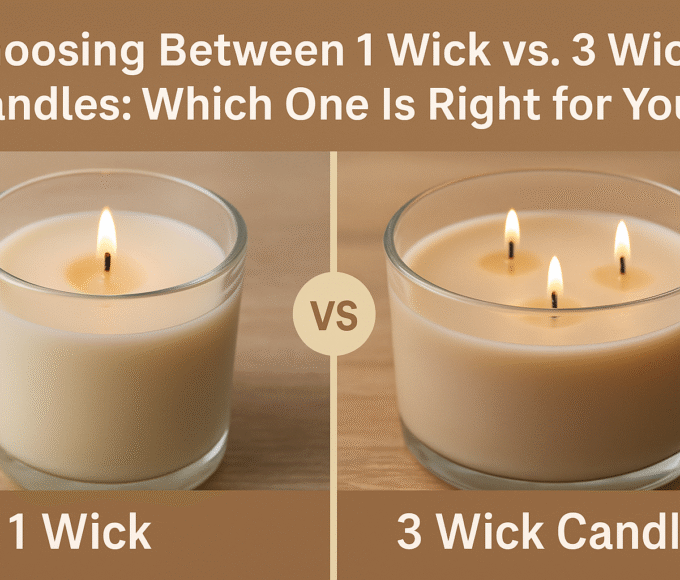Introduction
When you enter the housing market for the first time, there are a lot of unknowns. For a first-timer like yourself, the process of buying a house can be intimidating. In this short post, we’ve gathered some of the best information that first-time house buyers need to know. By reading and remembering the points here, you should have a smoother home-buying process and find a house that’s compatible with you and your lifestyle.
If you’re selling a home to buy your first one, or you expect to be selling one soon, you should know that we buy houses.
Choosing A Home
You may have a home in mind already, in which case you can skip this step. For those of you who haven’t yet, you should weigh the pros and cons of every house you find. Are you an individual or a family? What is your budget? Are there homeowners’ association fees involved? Can you save money by working on a fixer-upper?
Answer all of these with your long-term needs in mind. If you want a family, you’ll need extra space for your family to grow into. You want to stick with your chosen home for a long time, potentially the rest of your natural life. Don’t forget to check out the local neighborhood, too. What amenities and services are nearby? Are there safety concerns?
Save & Budget
Getting a home isn’t cheap. You should keep three main costs in mind when buying a home – the down payment, closing costs, and then move-in expenses.
The down payment is a small percentage of the total cost of the house. It can be as little as 3%, depending on your lender and mortgage type. These small percentages will still be in the high four figures or low five figures, so saving can be a chore.
Closing costs are the fees used to finalize your mortgage agreement. They will typically be between 2% and 5%. Then, move-in expenses are simply the cash needed to get repairs and furnishings for your new house, to turn it into a home.
To afford all of these, budgeting is required. Cut back on expenses in your life and have a budget for your home cost that you absolutely will not go over.
Choosing A Real Estate Agent
To help in your search for a home, a real estate agent can help search the market and help you negotiate prices. If you know people who have bought houses, get a referral and try out a few agents to find the one you’re most confident in. One that has experience with first-time homebuyers is preferable.
Use Open Houses To Your Advantage
You can attend open houses both in person and virtually, thanks to the current 3D technology we have. Inspect your options and rule out the ones that aren’t up to your standards. If you’re at an in-person open house, check for each of the senses by paying special attention to noises and odors in the home. You should also ask about the age of three things – the electrical system, the plumbing, and the roof.
Look Into Assistance Programs
As a first-time buyer, you can make use of assistance programs that other house hunters can’t. Take advantage of these opportunities by researching the assistance programs in your city, county, and state. They often open the door for low-interest-rate mortgages too, so you’ll get a better financial situation through using these programs too. You can also get tax credits too with these programs.
Inspect, Negotiate, And Insure
As you move into the finalization of your home purchase, there are three things you should do before you close the deal.
First, pay for a home inspection. Get a thorough inspection from somebody qualified to identify issues in the structure and gadgetry that makes up the home, and make sure you attend so you can answer questions. You may want to have mold and pest inspections too if you have any concerns.
Sometimes you will be able to negotiate with the seller. In those cases, you may be able to sweet-talk the seller into paying for repairs before you buy or lower the cost because there are repairs you’ll need to pay for later. Whether your negotiations work depends on the market, namely how many others are trying to get the same home.
Lastly, you’ll need home insurance. This covers repair and replacement costs should the home get damaged in the future and is mandatory for many sellers.








Leave a comment